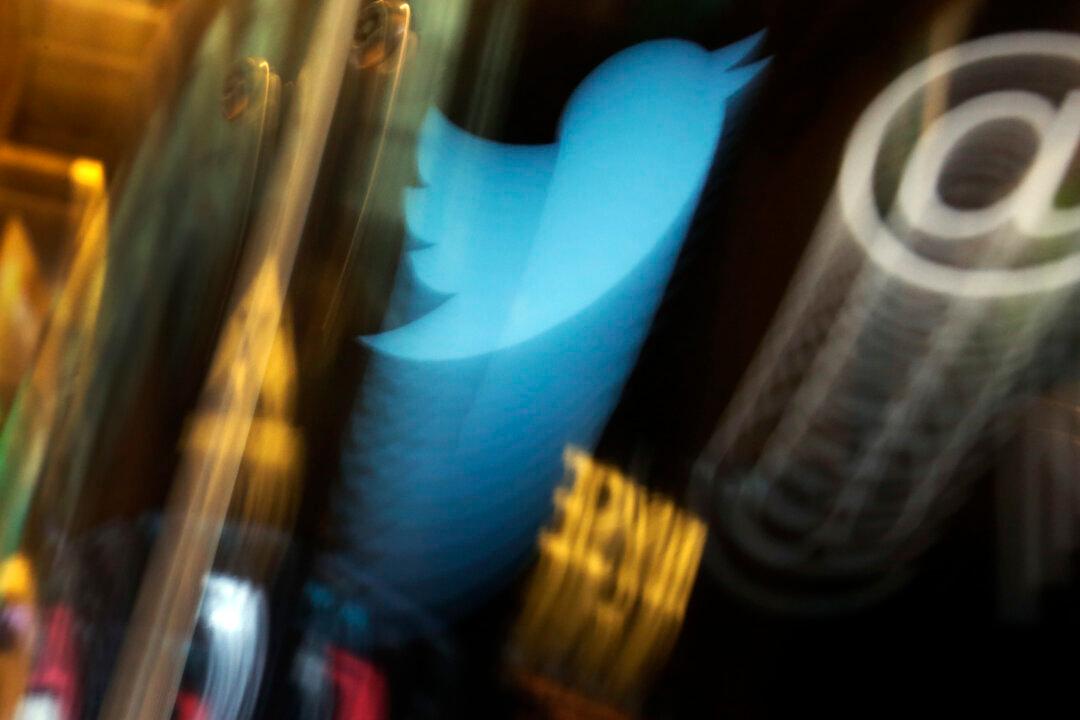A UK Member of Parliament grilled a top Twitter executive over why the company allows posts from the Chinese Embassy that she said justify an alleged genocide but permanently kicked then-president Donald Trump off the platform.
Twitter’s global head of public policy strategy and development, Nick Pickles, on Wednesday answered questions from members of the UK Home Affairs Select Committee during a session on online harms.





